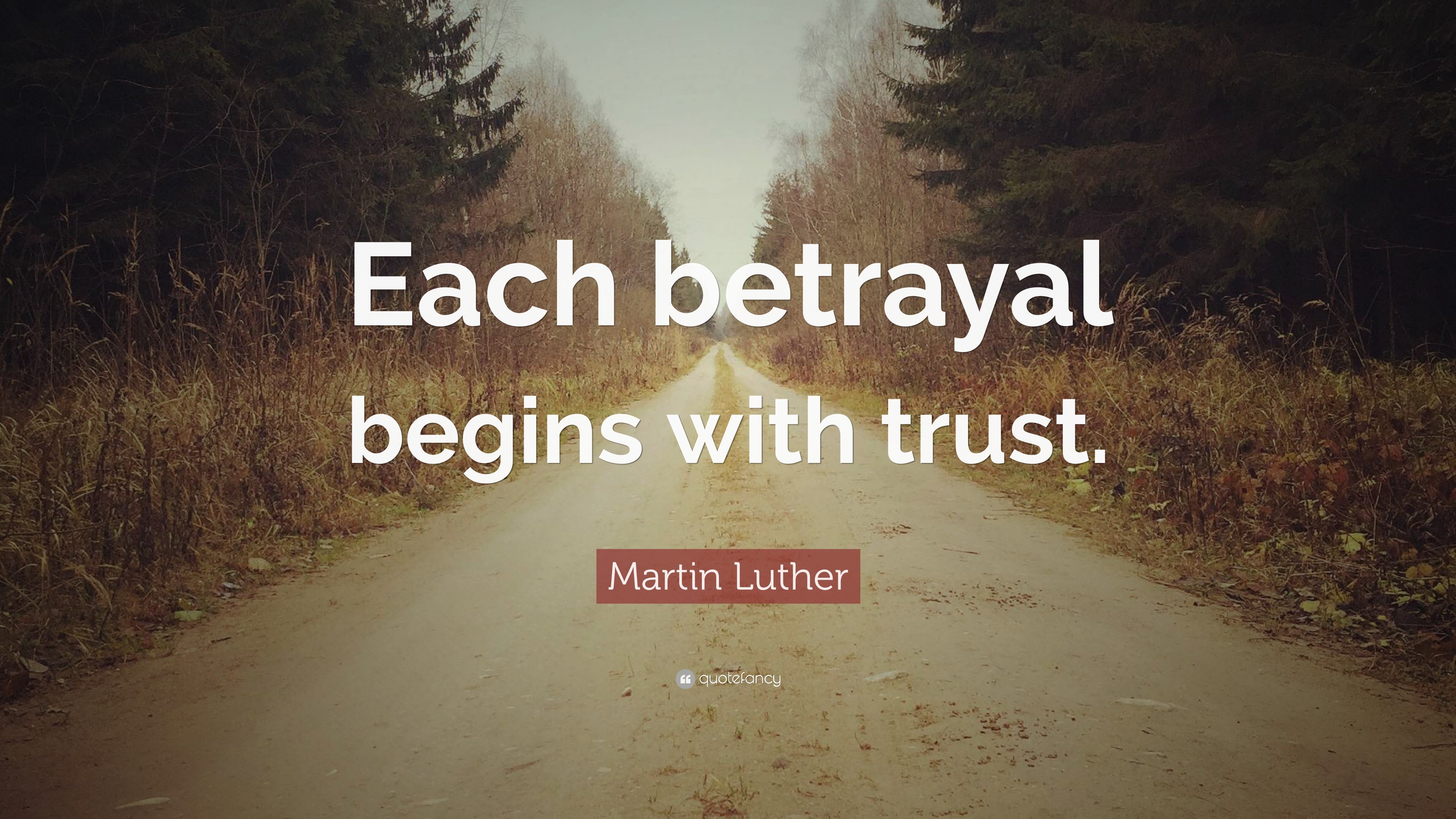House Built On Tears Meaning Betrayal: Relationships Explained
Hey there, friend. Ever come across the phrase "house built on tears" and wondered what it really means? It's not just some poetic expression—it's a deep metaphor that dives straight into the heart of betrayal in relationships. This idea paints a vivid picture of trust broken, promises shattered, and emotions crumbling like a house with a weak foundation. Betrayal cuts deep, and understanding its roots can help us navigate the messy world of human connections. Stick around, because we're about to unpack this heavy topic in a way that’s both relatable and insightful.
You know how sometimes life throws curveballs, and the people we trust the most turn out to be the ones who hurt us the most? That’s where the "house built on tears" concept comes in. It’s more than just words; it’s a reflection of the pain that lingers when trust is violated. Whether it's a friend, a partner, or even a family member, betrayal leaves scars that don’t fade easily. And hey, we’re all human, so it’s important to explore this side of relationships to learn, heal, and grow.
So, let's break it down. Why do people betray each other? What does it mean to build a house on tears, and how can we rebuild after such emotional devastation? In this article, we’re diving deep into the meaning of betrayal, its impact on relationships, and how to move forward. Grab a cup of coffee, get comfy, and let’s figure this out together.
- Ehefrauen Der Stars Wer Steckt Wirklich Dahinter Jetzt Entdecken
- 2trendy Erfahrungen Was Sagen Kunden Jetzt Bewertungen Lesen
What Does "House Built on Tears" Really Mean?
Alright, let’s start by decoding the phrase "house built on tears." At its core, it represents the fragility of relationships that are founded on lies, deceit, or unaddressed pain. Think about it—when we build something, we need a strong foundation. But if that foundation is made of tears, pain, and betrayal, the structure is bound to collapse. It’s like building a house on sand instead of rock. Sooner or later, it’ll crumble under pressure.
Now, betrayal isn’t just about one big dramatic event. Sometimes, it’s the accumulation of small, repeated actions that erode trust over time. For instance, consistently lying, keeping secrets, or even withholding emotional support can lead to a relationship that feels unstable and unsafe. When this happens, the emotional house you’ve built together starts to crack, and the tears flow freely.
Let’s take a moment to reflect on why this metaphor resonates so deeply. It’s because we’ve all been there in some form or another. Maybe you’ve experienced betrayal firsthand, or maybe you’ve seen it happen to someone close to you. Either way, the pain is real, and the scars can linger for years. Understanding the meaning behind "house built on tears" is the first step toward healing and rebuilding.
- Jil Sander Style Duftzwillinge Alternativen Finden Guide
- Neu Deckblatt Gesellschaftswissenschaften Gratis Schnell
The Psychology of Betrayal in Relationships
Betrayal isn’t just a word; it’s a psychological wound that cuts deep. When someone betrays us, it shakes our sense of security and trust. According to research by Dr. John Gottman, a renowned relationship expert, betrayal often stems from a lack of emotional intimacy and communication. When partners don’t feel heard, valued, or understood, they might turn to behaviors that lead to betrayal.
Here’s the kicker: betrayal isn’t always intentional. Sometimes, people betray others without even realizing it. For instance, failing to keep promises, neglecting emotional needs, or being dishonest about feelings can all lead to betrayal. And let’s be honest, we’ve all made mistakes in relationships. The key is recognizing these mistakes and working to repair the damage.
Now, here’s a quick list of common forms of betrayal in relationships:
- Infidelity (emotional or physical)
- Breaking promises or commitments
- Withholding important information
- Emotional manipulation
- Abandonment or neglect
Each of these actions chips away at the foundation of a relationship, turning it into a house built on tears. But here’s the good news: understanding the psychology behind betrayal can help us prevent it in the future.
How Betrayal Affects Emotional Health
Betrayal doesn’t just hurt relationships; it also takes a toll on our mental and emotional well-being. Studies show that betrayal can lead to feelings of anxiety, depression, and even PTSD in severe cases. When someone we trust betrays us, it’s like losing a part of ourselves. We question our judgment, our worth, and even our ability to trust others in the future.
Take a moment to think about how betrayal affects your emotional health. Do you find yourself second-guessing every relationship after experiencing betrayal? Do you struggle with trust issues or fear of vulnerability? These are all common reactions to betrayal, and they’re completely valid. The key is learning how to process these emotions in a healthy way.
Here are some tips for coping with the emotional aftermath of betrayal:
- Seek support from friends, family, or a therapist
- Practice self-compassion and self-care
- Set healthy boundaries in future relationships
- Focus on personal growth and healing
Remember, healing takes time, and it’s okay to grieve the loss of trust. But with the right support and mindset, you can rebuild your emotional house on a stronger foundation.
Long-Term Effects of Betrayal on Relationships
So, what happens when betrayal becomes a recurring theme in a relationship? Over time, it can lead to a toxic cycle of mistrust, resentment, and emotional distance. Both partners may start to withdraw emotionally, leading to a relationship that feels more like a battleground than a partnership. In some cases, the damage becomes irreparable, and the relationship ultimately falls apart.
But here’s the thing: not all relationships are doomed after betrayal. With hard work, open communication, and a willingness to forgive, couples can rebuild trust and create a healthier dynamic. It’s not easy, but it’s possible. The key is recognizing the warning signs of betrayal early on and addressing them before they escalate.
Recognizing the Warning Signs of Betrayal
Prevention is always better than cure, right? When it comes to betrayal, recognizing the warning signs can help you avoid building a house on tears in the first place. Here are some red flags to watch out for:
- Withholding important information or being secretive
- Breaking promises or commitments repeatedly
- Showing a lack of empathy or emotional support
- Engaging in emotionally manipulative behavior
- Spending excessive time away from the relationship
If you notice any of these signs in your relationship, it’s worth having an open and honest conversation with your partner. Communication is key to preventing betrayal and building a strong, trustworthy foundation for your relationship.
How to Build Trust in Relationships
Trust is the cornerstone of any healthy relationship. So, how do you build it? Here are a few tips:
- Practice transparency and honesty in all your interactions
- Keep your promises and follow through on commitments
- Show empathy and emotional support for your partner
- Communicate openly and listen actively
- Set and respect healthy boundaries
Building trust takes time and effort, but it’s worth it in the long run. When both partners feel safe, valued, and respected, the relationship becomes a house built on a solid foundation of love and trust—not tears.
Rebuilding After Betrayal
Okay, so what if betrayal has already happened? Can you rebuild after the house has crumbled? Absolutely. It’s not easy, but it’s possible. The first step is acknowledging the pain and allowing yourself to grieve the loss of trust. From there, you can work on healing and rebuilding your relationship, one brick at a time.
Here’s a step-by-step guide to rebuilding after betrayal:
- Seek professional help if needed (therapy or counseling)
- Engage in open and honest communication with your partner
- Set clear expectations and boundaries moving forward
- Work on rebuilding trust through consistent, trustworthy actions
- Focus on personal growth and self-care
Remember, rebuilding after betrayal is a journey, not a destination. It takes time, patience, and a lot of effort from both partners. But with the right mindset and support, you can create a stronger, healthier relationship than before.
Forgiveness: The Key to Moving Forward
Forgiveness is one of the hardest, yet most important, steps in the healing process. It doesn’t mean forgetting what happened or excusing the betrayal—it means letting go of the anger and resentment that’s holding you back. Forgiveness allows you to move forward and focus on rebuilding your life and relationships.
Here’s how you can practice forgiveness:
- Acknowledge your pain and give yourself permission to feel it
- Let go of the need for revenge or retribution
- Focus on the positive aspects of the relationship
- Practice empathy and understanding
- Commit to personal growth and healing
Forgiveness isn’t always easy, but it’s a powerful tool for healing and moving forward. When you forgive, you free yourself from the emotional baggage of betrayal and open the door to new possibilities.
Understanding the Impact of Betrayal on Different Types of Relationships
Betrayal can happen in any type of relationship—romantic, platonic, familial, or even professional. The impact, however, can vary depending on the nature of the relationship. Let’s take a closer look at how betrayal affects different types of relationships:
Romantic Relationships
In romantic relationships, betrayal often manifests as infidelity, dishonesty, or emotional neglect. These actions can lead to a breakdown of trust and intimacy, making it difficult for partners to feel safe and secure in the relationship. Rebuilding after betrayal in a romantic relationship requires a deep commitment to healing and growth from both partners.
Friendships
Betrayal in friendships can be just as painful as in romantic relationships. Whether it’s spreading rumors, breaking confidences, or abandoning a friend in their time of need, betrayal can damage the bond of friendship. However, with open communication and a willingness to forgive, many friendships can be repaired and strengthened over time.
Familial Relationships
Betrayal in familial relationships can be particularly challenging because family ties are often seen as permanent. Whether it’s a parent betraying a child, a sibling betraying a sibling, or a child betraying a parent, the impact can be long-lasting. In these cases, forgiveness and understanding are key to healing and rebuilding the family dynamic.
Conclusion: Healing and Moving Forward
Alright, we’ve covered a lot of ground here, from the meaning of "house built on tears" to the impact of betrayal on relationships. The bottom line is this: betrayal hurts, but it doesn’t have to define your life or relationships. By understanding the roots of betrayal, recognizing the warning signs, and working on healing and forgiveness, you can rebuild your emotional house on a stronger foundation.
So, what’s next? If you’ve experienced betrayal, take a moment to reflect on how it’s affected your life and relationships. Consider seeking support from a therapist, counselor, or trusted friend. And most importantly, remember that healing is possible. You’re not alone in this journey, and there’s hope for a brighter future.
Thanks for sticking with me through this deep dive into the world of betrayal and relationships. If you found this article helpful, feel free to share it with others who might benefit from it. And don’t forget to check out more articles on our site for insights into all things relationships, mental health, and personal growth. Until next time, take care of yourself and your emotional house!
Table of Contents
- House Built on Tears Meaning Betrayal: Relationships Explained
- What Does "House Built on Tears" Really Mean?
- The Psychology of Betrayal in Relationships
- How Betrayal Affects Emotional Health
- Recognizing the Warning Signs of Betrayal
- Rebuilding After Betrayal
- Understanding the Impact of Betrayal on Different Types of Relationships
- Conclusion: Healing and Moving Forward
- Counterattack Of The Superrich House Husband Der Mangahit
- Trade Republic Deine Smarte Wahl Fr Investitionen Aktuelle News

10 Forms of Betrayal in Relationships That Can Be Damaging

Betrayal Quotes (40 wallpapers) Quotefancy

Betrayal Quotes (40 wallpapers) Quotefancy